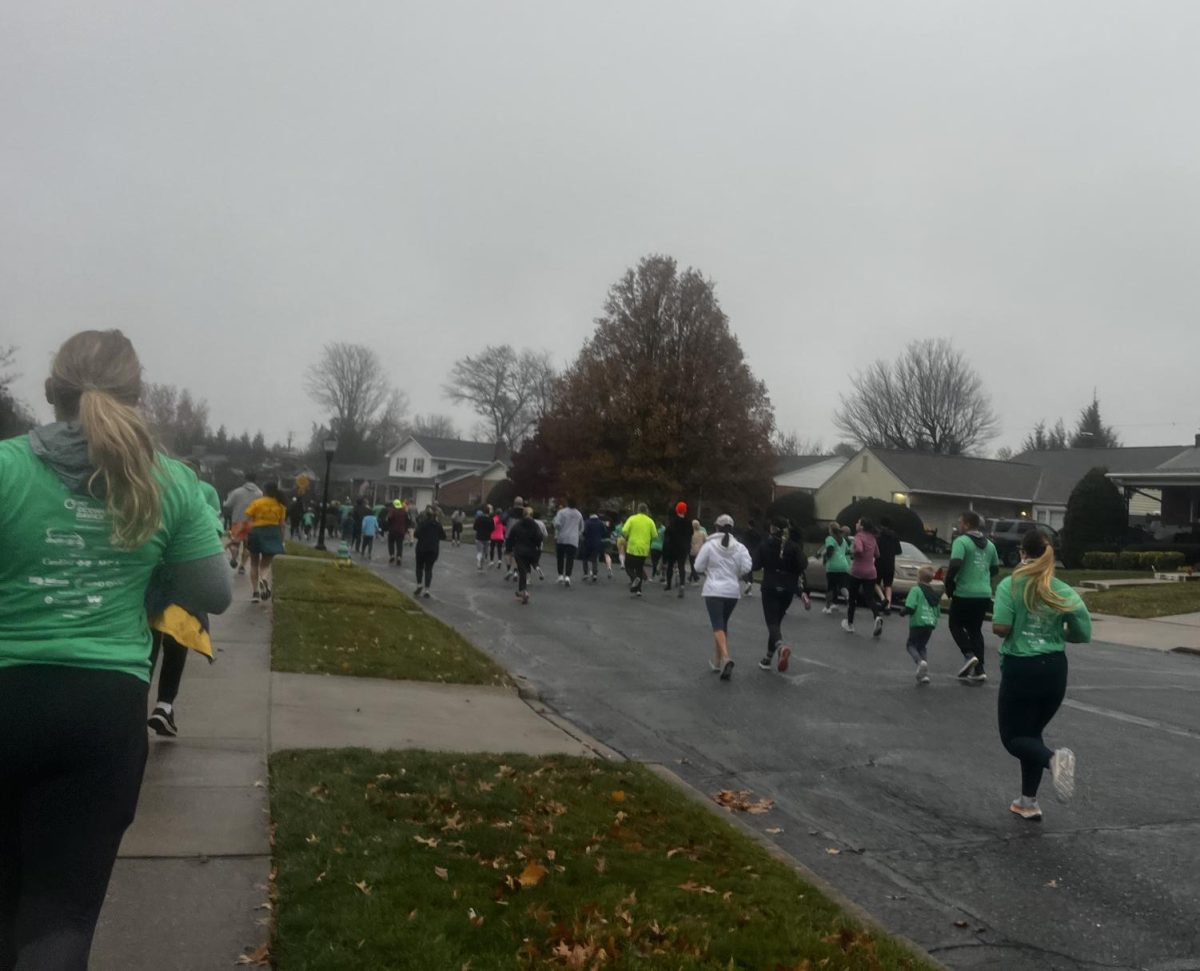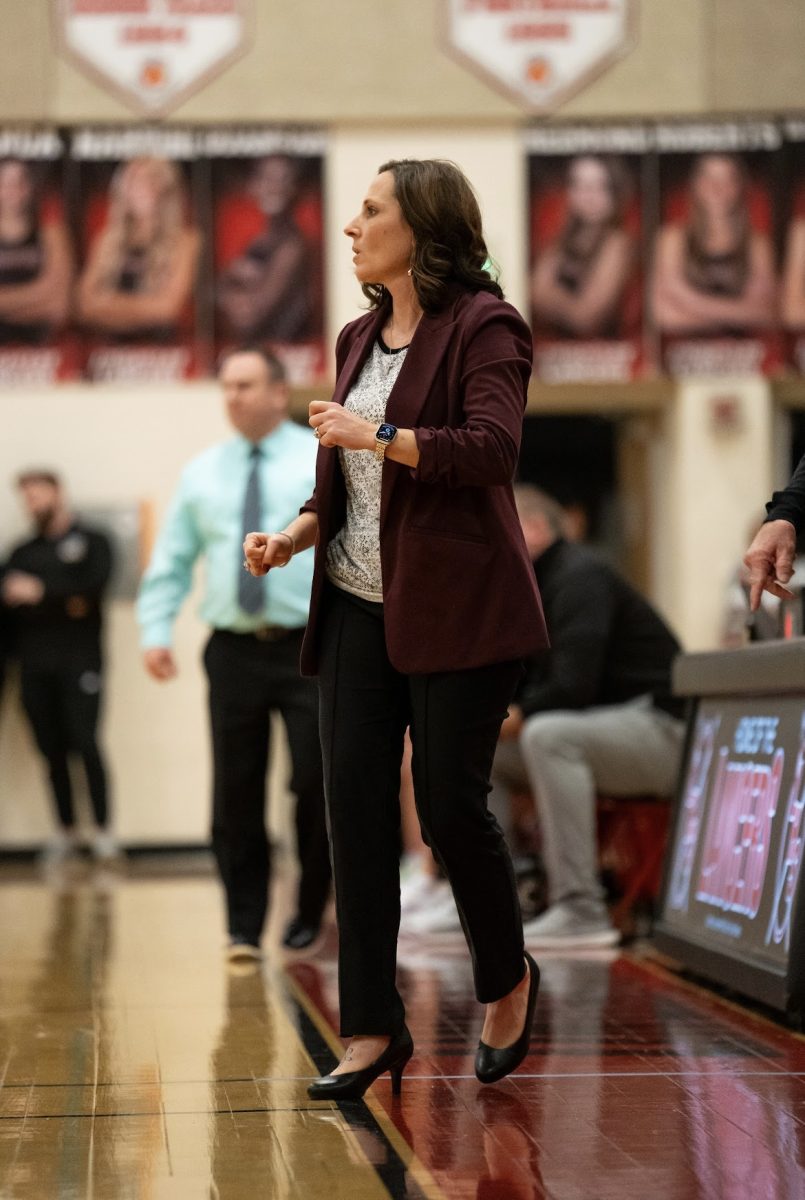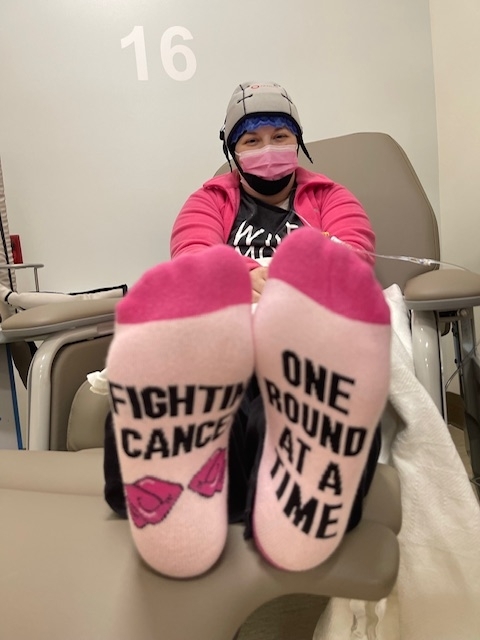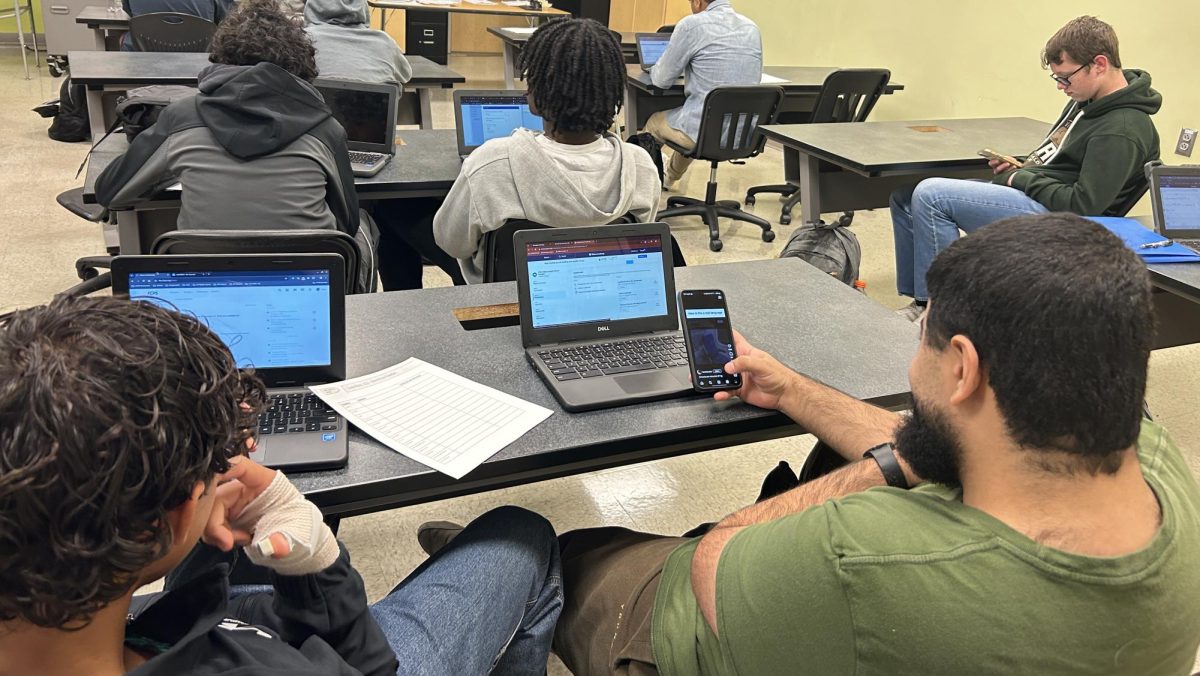The concept of abortion is a divisive topic throughout the world, but it has stayed at the forefront of U.S. political discourse following the fall of Roe v. Wade. In the election in November, citizens around the country made their opinion heard.
Whether abortion is considered ethical or not has always been a matter of opinion, but it has become a major conversation in the U.S. since the Supreme Court decided to overturn Roe v. Wade in 2022 and give the decision back to the individual states as to whether women are entitled to receive abortions.
An induced abortion refers to the termination of a pregnancy where the fetus is expelled through medical assistance. Whether abortion is legal is now decided on a state-by-state basis, with each individual state creating their own regulations in regards to the procedure.
Ten states had ballot measures to pass abortion rights during this year’s election. Seven of them were passed. Some of these ballot measures include few restrictions while others grant complete freedom. For example, Nevada’s new law only allows abortions for 24 weeks of the pregnancy, unless the mother’s health is at risk.
Maryland on the other hand has granted complete reproductive freedom. On November 5, Maryland residents voted to make abortion a constitutional right within the state. The very first question within the ballot states, “The proposed amendment confirms an individual’s fundamental right to reproductive freedom, including but not limited to the ability to make and effectuate decisions to prevent, continue or end the individual’s pregnancy, and provides the State may not, directly or indirectly, deny, burden or abridge the right unless justified by a compelling state interest achieved by the least restrictive means.”
Prior to the vote, abortion was legal in the state but when voters made it a part of the Maryland constitution, which outlines powers and limitations of the state government as well as individual civil rights, therefore making it difficult for any future lawmakers to challenge it. This grants women reproductive freedom which allows them to choose if they want to deliver or terminate their pregnancy.
Historically, laws revolving around reproductive rights have predominantly been created and denied by male politicians. This has caused backlash amongst women who disagree with the lack of female representation when it comes to decisions about their bodies.
Each state has different laws on abortion, with different rules for when they are allowed. Thirteen states have confirmed total abortion bans, which means they only allow the procedure in dire circumstances such as the mother’s life being at risk. The exception is the state of Indiana, which even limits treatment to protect the life of the pregnant person through 20 weeks gestation.
The lack of clarity in the law as written has left doctors and hospitals hesitant to treat their patients. As a result, women have still suffered as they are denied medical assistance until they are at the brink of death. Tragically, some women have ultimately died due to a delay in care. While this may not be the intent of the law, it is a consequence.
One example is Amber Thurman, a woman who lived in Georgia, whose state law only allows abortion up to six weeks after the child is conceived. Thurman was not able to get proper medical care that would have removed fetal tissue from her body; doctors waited to operate until she was on her deathbed. Thurman passed away due to an infection from the tissue on August 19, 2022.
The new Maryland constitutional right allows female citizens access to the healthcare that Thurman was denied. It entrusts women to make choices about their own bodies and healthcare, which will prevent similar situations. While there are other reasons a woman may choose an abortion, such as pregnancy as a result of rape or incest or a fatal genetic defect, a woman also has the right to choose to have a baby when she is properly ready
Before women had access to abortions, they were willing to go to desperate measures to terminate a pregnancy. Alice Harper, the administrator of the Potomac Family Planning Center in Rockville, Maryland, believes this is one of the reasons why women deserve the right to make these decisions.
“The most important thing is having control over your body and your life,” Harper said. “Before 1973, when Roe v. Wade was passed in the United States, women were desperate and used chemicals and other instruments to abort themselves. A lot of women died, were seriously ill, or had children they could not manage or afford to care for.”
There are various opinions about the newly protected right throughout the student body at Linganore High School (LHS). While some students are happy about the addition to the Maryland Constitution, others believe abortions should never be the solution and some students’ opinions fall somewhere in between.
LHS sophomore Alexa Gomez-Alfaro is one student who believes the right to an abortion is important for a variety of reasons.
“I am happy that this is a right because now we have the option to choose,” says Gomez-Alfaro. “Some people do not have a great life situation or get sexually assaulted and do not want to have a baby, and some can die from not getting rid of the fetus.”
While some fear abortion because of the belief the surgery can cause infertility, this is a common misconception. Many women who get abortions can still choose to have children in the future. As long as the woman’s abortion is done safely, it will not affect a woman’s ability to get pregnant later on.
Other people who disagree with the concept of abortion do so on the basis of their religious beliefs. Senior Elijah Costigan believes that the Bible shows that God does not agree with abortions within the faith of Christianity.
“For me, it degrades the value of human life to think that we were just a clump of cells or just an organism with no life to it,” said Costigan. “Every single life is valuable, and we fight for animal rights and different things like that, but then [our] own babies in the womb we kill.”
Costigan believes that even in major circumstances, such as sexual assault, the child is not at fault and still has the right to be born.
“I think that [rape and incest] is the worst situation, and I know that is what people talk about,” Costigan said. “But, even in those situations, I cannot waver in the fact that it is still not the child’s fault. I believe there should be a whole lot more punishment when it comes to those people who have inflicted those things.”
While both sides of the argument have many supporters, there are others who believe there can be a compromise on the issue. One of those people is LHS senior Nate Davi, who says that although he believes abortion is wrong, there should be exceptions for women who have suffered from circumstances such as the mother’s life being at risk.
“If the woman’s life is in danger, if she was raped, if there was incest, I think those are exceptions, and it is okay,” Davi said. “But the woman should have that abortion early on, when she first finds out she is pregnant.”
There are various opinions on this topic but Maryland has concluded that abortion is a right for all women residents. Whether this is something that people agree on or not, it is up to the voters to decide.




















